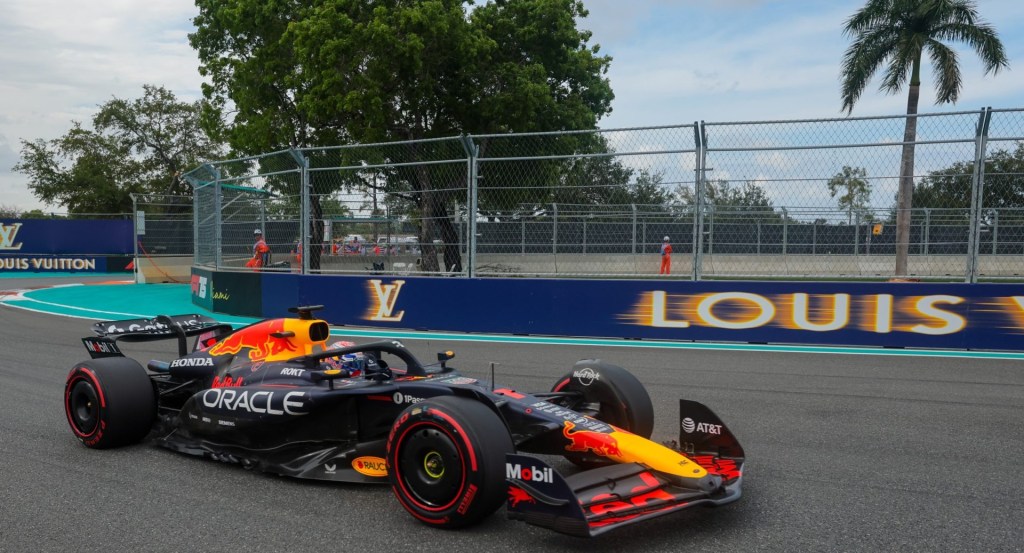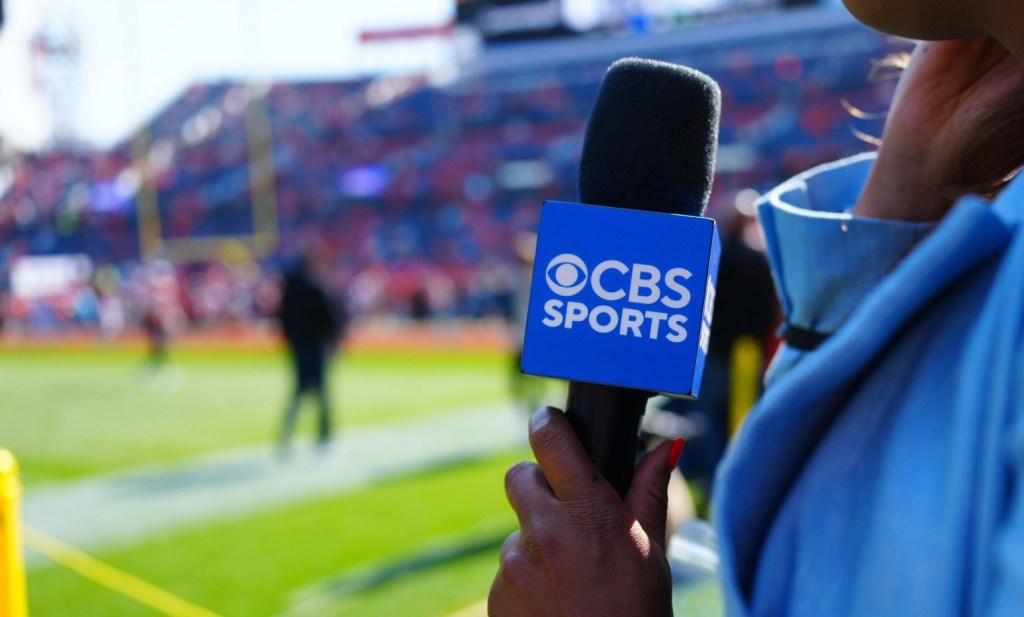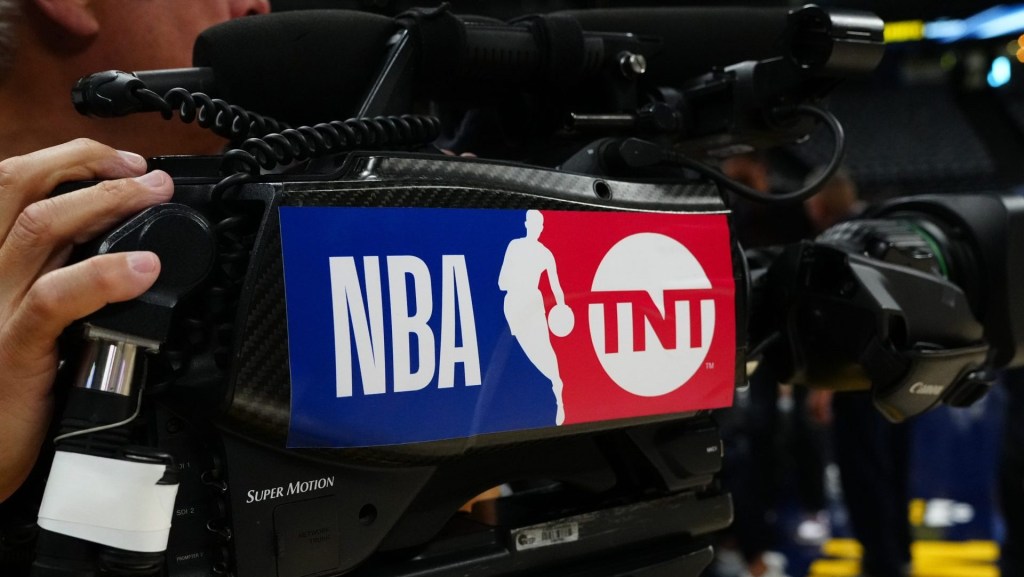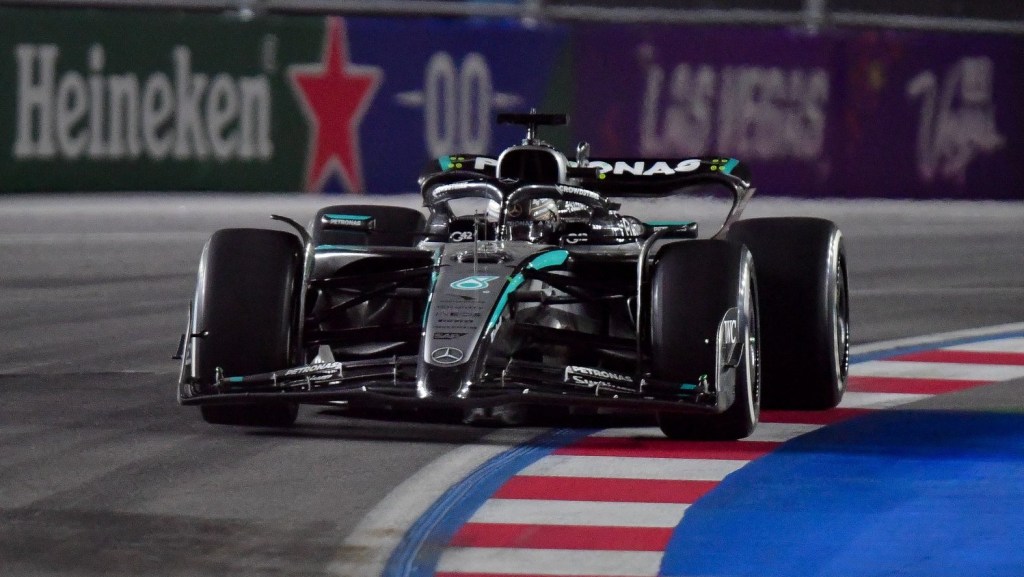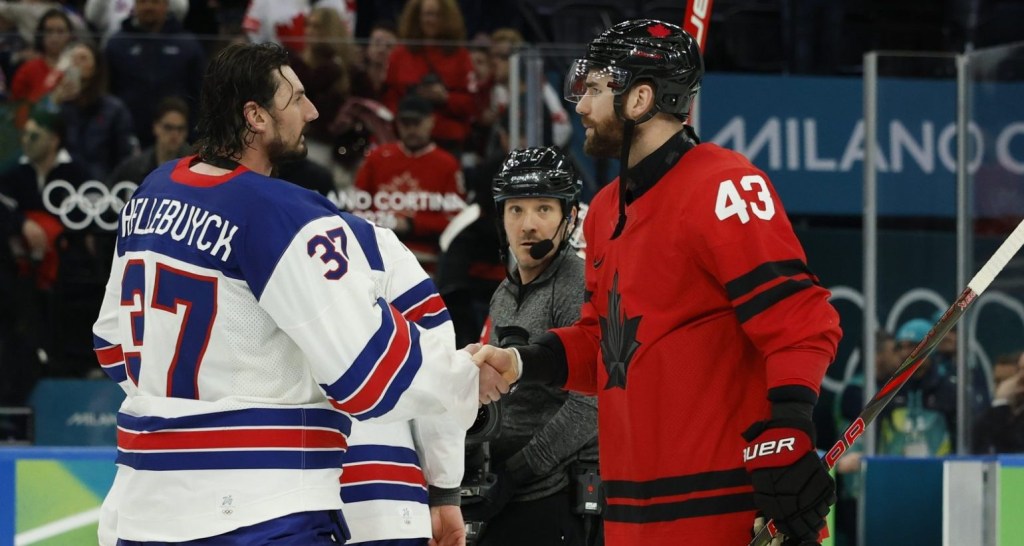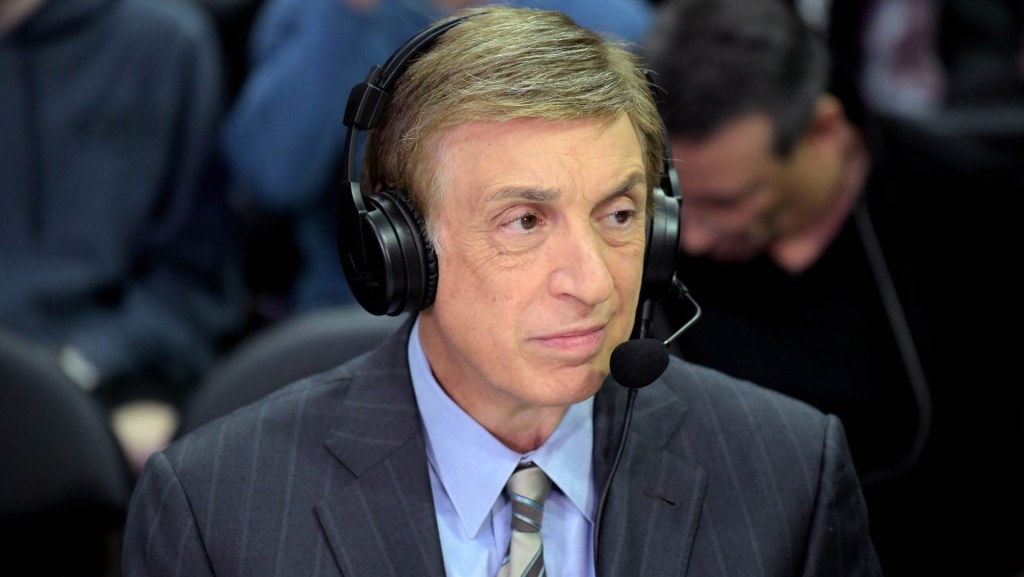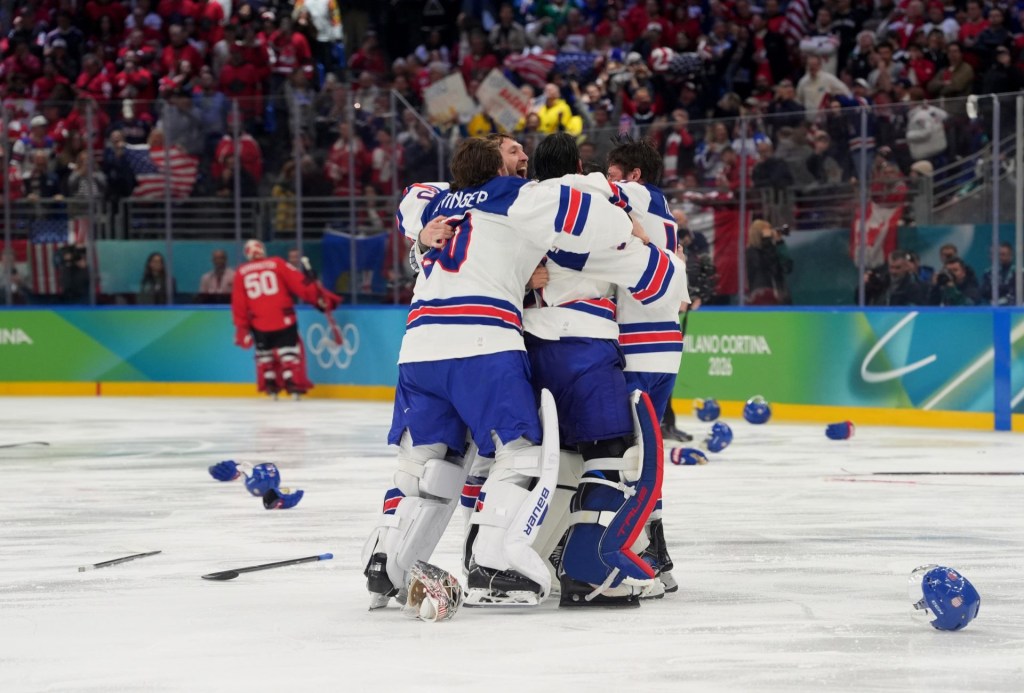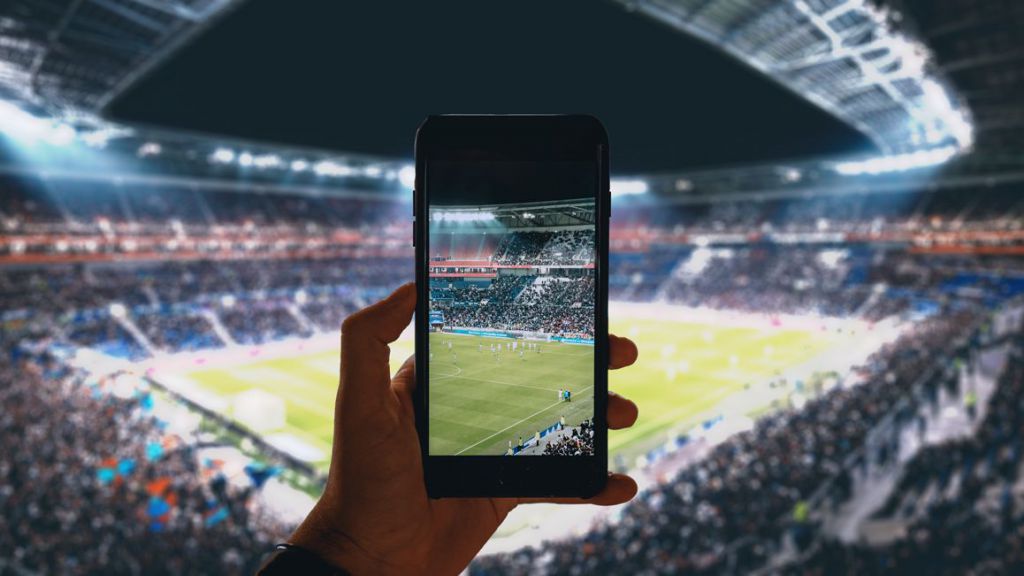
Social media has provided teams and properties something they’ve never had before – the ability to give their brand a voice.
That has been a boon for teams, helping them connect with existing fans in new ways, as well as draw in new followers.
However, as all properties look to make that voice a distinct one that sticks out from the crowd as well as avoiding coming across as too corporate or unrelatable, some have hit snags, especially when it comes to pushing the envelope.
Earlier this week, the Miami Marlins had to issue an apology for a tweet that it sent to the Tampa Bay Rays following a loss, in which they linked the death of Steve Irwin to the Rays’ name.
It wasn’t the first time a team felt it had to issue an apology for a questionable tweet, nor will it likely be the last.
With that in mind, Front Office Sports reached out to a variety of digital representatives across sports, posing the question if sports social has gone too far. It’s a topic that those in the industry have clearly given thought, even though some declined to speak, often acknowledging that teams have different setups and goals internally, as well as not wanting to upset friends and co-workers.
Will Exline, Twitter senior sports partner manager
Have social interactions between teams gotten too aggressive or gone too far?
Since the LA Kings Tweet in 2012 it felt like snark was teams’ default strategy for a couple years, but for the most part, teams have leveled out and do a good job of being conversational while still remaining tasteful. Team-to-team and team-to-fan interactions remain one the best parts of Sports Twitter and there is no need to be overly aggressive to make it successful.
What are the lines that shouldn’t be crossed?
As long as the Tweet is grounded in the game or fandom for that specific team, you’re in good shape. No need for a personal attack or something that makes light of a very serious/sad real-life event just for the sake of likes/RTs.
Ryan Delgado, Tampa Bay Rays digital marketing manager
Have social interactions between teams gotten too aggressive or gone too far?
Overall, I don’t think so. But, it’s trending incorrectly in my opinion. We’re at such a crossroads where you can either be snark and toe the line, or you can be brand consistent, and stick only your message. Living in the middle is tough. The hunger for the “viral tweet” is there non-stop and that’s what gets you’re the pats on the back, the laughs, and the news clippings in the job. But, as professionals, if we want to be treated as so, we have to be cleaner.
What are the lines that shouldn’t be crossed?
In the case of how far you should go, I believe wins and losses talk is always okay (hold this L, for example). You say it, but then you move on. Lines that can’t be crossed are death, illness, tragedy, calling out an opposing player by name (puns or indirectly or fine), sexual orientation or team-specific struggles (i.e. us with the ballpark and Canada).
It’s indeed a fine line, but that’s what makes us in the business, and the role we play vitally important in sports business. With one slip or misjudgment, you scar an entire organization’s work and brand perception. That can’t be overstated enough.
Cassie Calvert, Baltimore Ravens social media coordinator
Have social interactions between teams gotten too aggressive or gone too far?
I don’t think there’s a one-size-fits-all answer to this question. The most important thing is that anything you do on social should serve your brand/organization first and not be what will “get the most RTs.” Every organization’s strategy and goals are different.
What are the lines that shouldn’t be crossed?
For us, we don’t take the “snarky” approach because it doesn’t fit our organization’s voice. Sure, that has its challenges in the engagement-driven social world we live in, but we choose to operate outside of the fray. It helps to remember that there is a human being behind every account, no matter how large the following.
Some of my peers in the NFL have done a great job of initiating collaboration around tent-pole events (first week of the season, Pro Bowls, etc.) that allows for engagement between teams on social that’s fun and positive. To me that’s refreshing!
John Delaney, Winnipeg Jets social media manager
Have social interactions between teams gotten too aggressive or gone too far?
I feel there’s too much pressure for teams to be witty/funny/snarky and the line that exists between being each of those, is thin and easy to cross.
What are the lines that shouldn’t be crossed?
Appropriate level varies between each team and organization, and often reflects the overall brand values. I’ve seen teams establish massive followings with snark, where some die-hard fans (even myself) find it borderline insulting to the sport. So the market and fan base plays into too. A mix of self-infliction, fan pressure, and even sometimes internally.
Anna Stolzenburg, Pegula Sports & Entertainment director of social media strategy and content
Have social interactions between teams gotten too aggressive or gone too far?
When it comes to team play and what’s happening on the court/field, I don’t think so. You’re competing – friendly trash talk is fair game (keyword: friendly). But when fans come into play, I think a line should be drawn. It’s never cool to knock a city or a group of fans, especially because it’s generally based on a stereotype.
What’s are the lines that shouldn’t be crossed?
Our general rules for banter at the Bills and Sabres: never give the opposing team bulletin board material; don’t single out an individual unless provoked (in other words, don’t bully); don’t say something that wouldn’t make the Bills organization proud. We never want to be on the bully pulpit, knowing the power our brands have on a conversation. When social interactions get into the territory that could be considered bullying, that’s when they’d gone too far.
Paul Dewhurst, San Jose Earthquakes digital marketing manager
Have social interactions between teams gotten too aggressive or gone too far?
I wouldn’t say social interactions have gotten too aggressive, but they’ve gotten more prominent in leagues throughout the world.
What’s are the lines that shouldn’t be crossed?
We’ve been having a lot of fun pushing the boundaries this season. We’ve had our moments where we commented on Zlatan’s Ferraris and Fiat comment and responded to Austin FC’s banter in a pretty bold way. We’ve gotten a lot of positive feedback from our fans, MLS fans and casual fans on Twitter.
Outside of the Zlatan tweet, which is something we don’t like to do, we want to stay away from calling out players, coaches and front offices directly. That’s where we like to draw the line.
At the end of the day, we’re a professional organization with standards to uphold, but we want to be relatable and transparent with our fans. Outside fo banter posts, we like to interact with our fans weekly and. Make them feel a part of this club.
Perry Mattern, New York Jets social media coordinator
Have social interactions between teams gotten too aggressive or gone too far?
No. While there have been a few outliers, overall I do not think sports teams have gotten too aggressive. Sports social is being part of the fan base. Part of being a fan is wanting success for your team and failure for your rivals.
What’s the line that shouldn’t be crossed?
Everyone has a different line, so there actually is no line. Each case has different context and different people will react in different ways. However, for me, the trash talk just needs to stay in sports. If there’s trash talk [about]p prior outcomes, rivalries, big moments, I think that’s all fair game.
Leaving the game and entering personal lives [of] players coaches, front offices, etc., is where my line is.
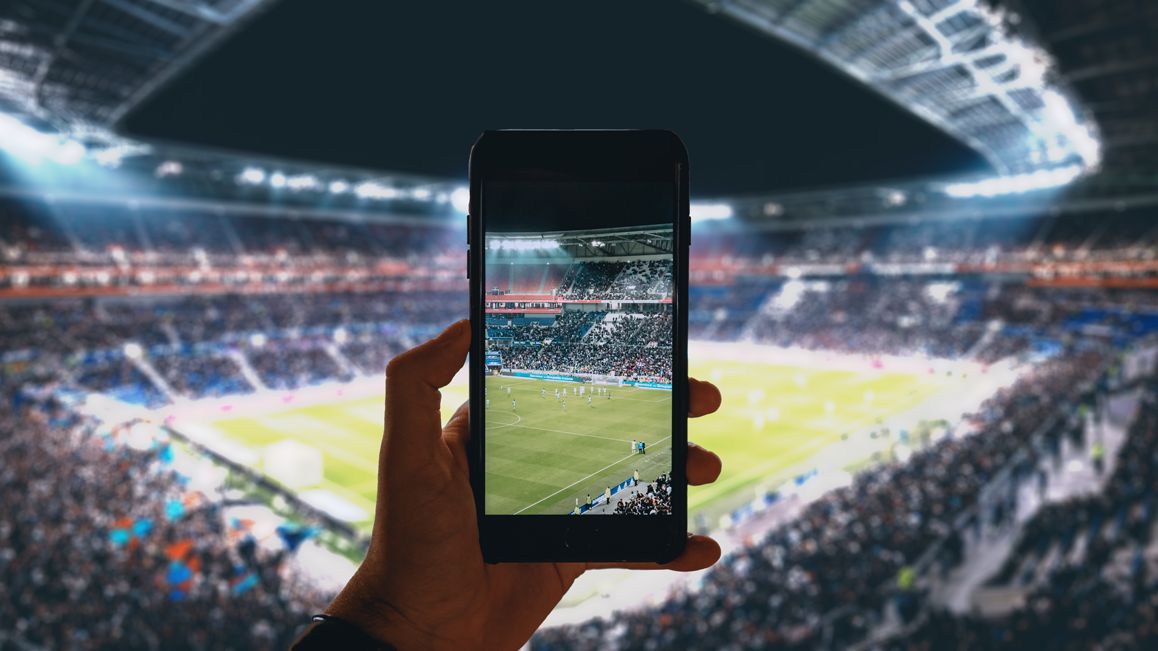
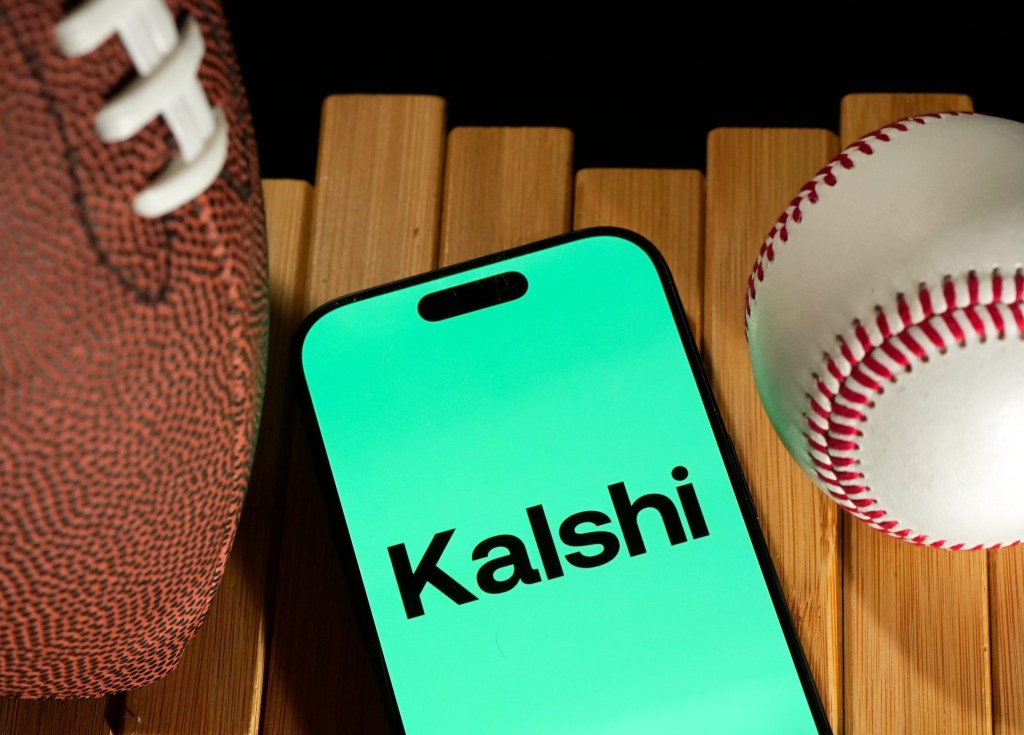
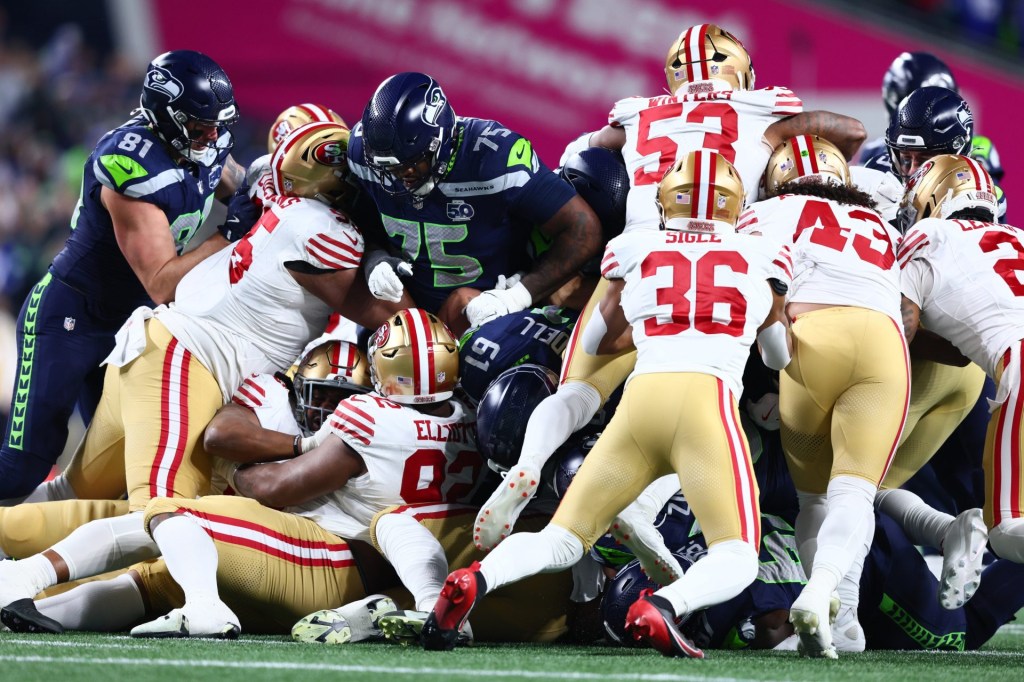
![[Subscription Customers Only] Jul 13, 2025; East Rutherford, New Jersey, USA; Chelsea FC midfielder Cole Palmer (10) celebrates winning the final of the 2025 FIFA Club World Cup at MetLife Stadium](https://frontofficesports.com/wp-content/uploads/2026/02/USATSI_26636703-scaled-e1770932227605.jpg?quality=100&w=1024)





